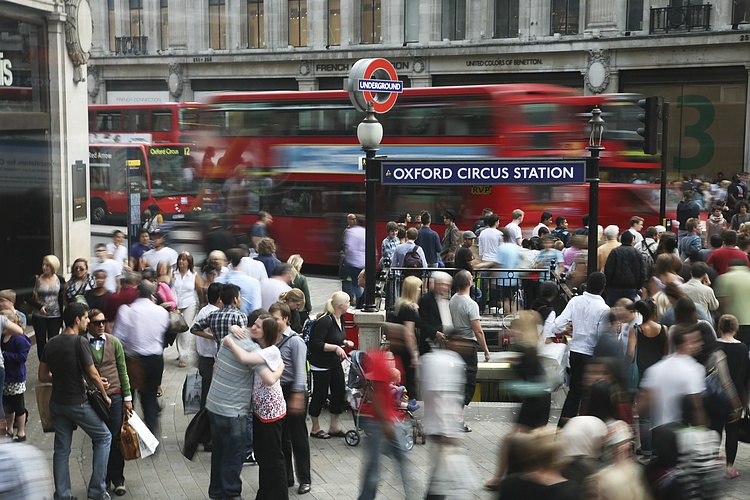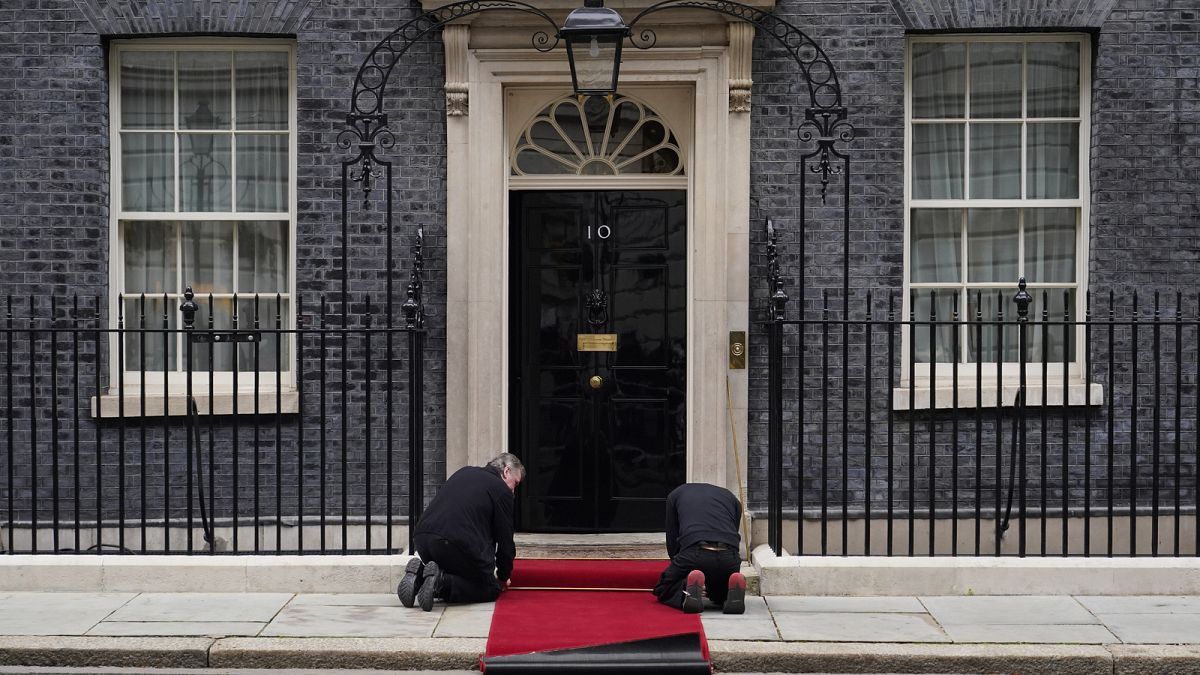
The United Kingdom is experiencing a significant political shift as the Labour Party, led by Sir Keir Starmer, aims for a historic election victory on July 4, 2024. The snap election comes after Prime Minister Rishi Sunak's Conservative party faced criticism and poor polling results. Some foreign billionaires and City of London bankers have reportedly started sheltering their money in anticipation of Labour's potential win.
The Labour Party is hoping to regain the support of pro-Brexit voters they lost in 2019, while the Conservatives could face one of the worst election results in their 200-year history. According to some polls, Labour is leading by up to 20 percentage points.
Labour's manifesto focuses on tackling the cost-of-living crisis, creating wealth for working-class people, reducing National Health Service waiting lists, building 300,000 new homes a year to address the housing crisis, and investing £24 billion in green technologies. Starmer has also vowed to crack down on human smugglers and cut net migration into the UK but has not set a specific target.
Prime Minister Johnson's Conservative party is facing challenges from various directions, including Nigel Farage's Reform UK party, which could potentially see Farage enter the House of Commons for the first time. The Liberal Democrats are also expected to make gains in some areas.
The Labour Party's potential victory could mark a significant change in UK politics and policies. Some key issues include Brexit, immigration, housing, healthcare, and economic growth.

